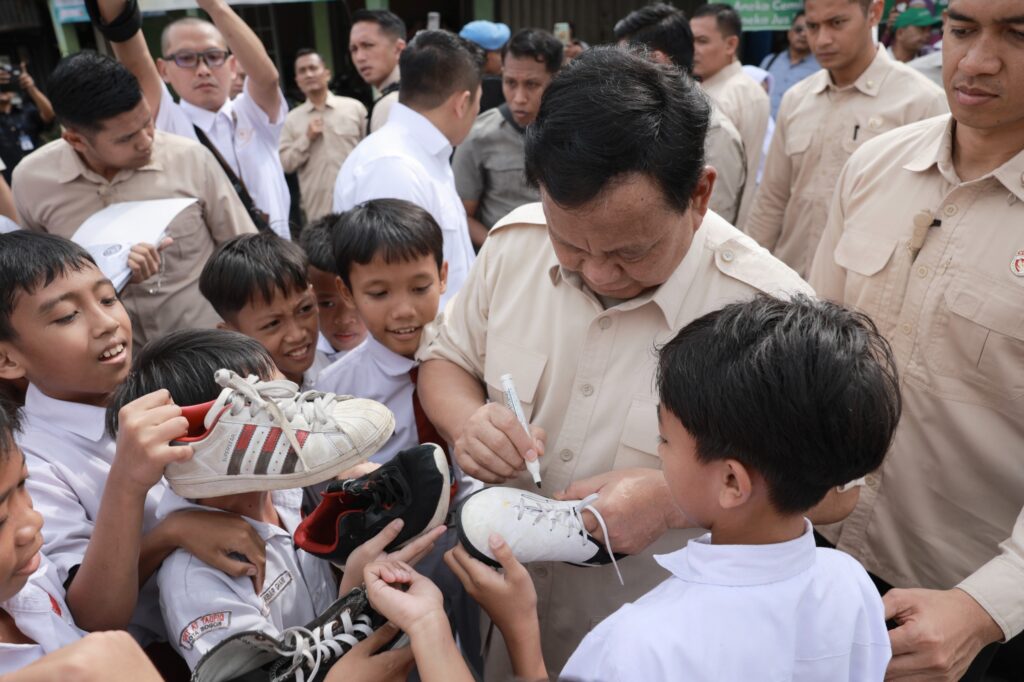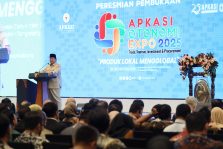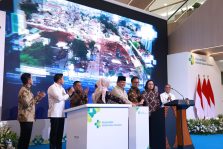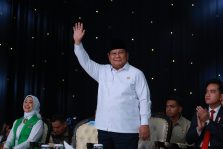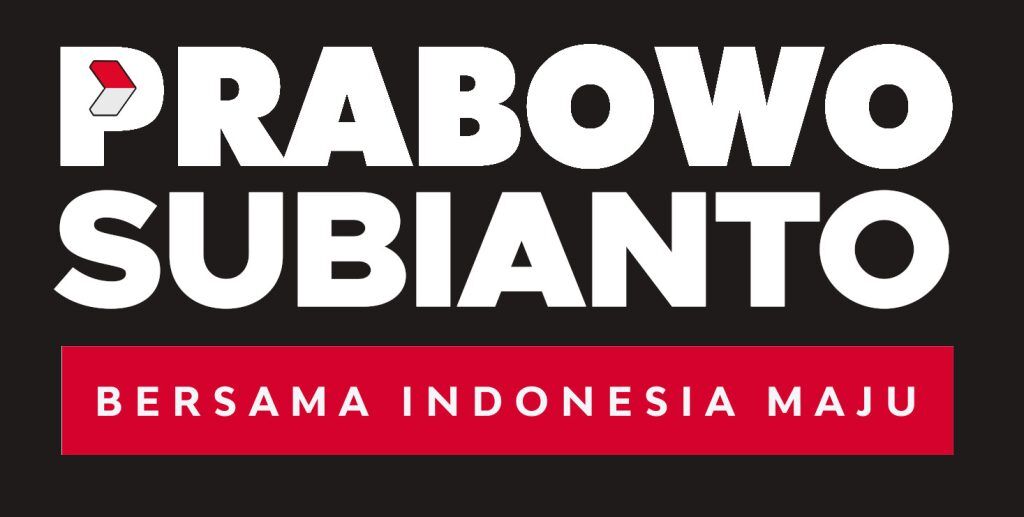Jakarta, May 2, 2025 – In 1973, President Soeharto launched a landmark policy known as SD Inpres, building tens of thousands of elementary schools across Indonesia. The program not only boosted school enrollment rates but also had a proven long-term impact on income and well-being. Research by Esther Duflo of MIT on the outcomes of SD Inpres played a role in her being awarded the 2019 Nobel Prize in Economics.
Now, half a century later, President Prabowo Subianto has set forth a vision just as transformative—not merely constructing schools, but rebuilding the entire national education ecosystem from the ground up.
In his National Education Day address on May 2, 2025, President Prabowo announced four new strategic education policies, complementing the five that had already been launched. These initiatives directly target core challenges in Indonesia’s education system: unequal access, poor quality, and lack of support for both underprivileged children and exceptionally gifted students.
Addressing the Root Problems
The Free Nutritious Meals Program tackles malnutrition, a key underlying factor in poor academic performance. Sekolah Rakyat (People’s Schools) provides housing and meals for students from low-income families, creating a stable environment for learning. Garuda Excellence Schools are designed to fulfill the mandate of the National Education System Law by offering tailored support to exceptionally gifted students—an often overlooked group.
At the same time, the administration has directed major reforms toward educators. Policies now include increased teacher allowances, direct cash transfers to teachers’ bank accounts, and financial aid for teachers to complete undergraduate degrees and D4 programs. Even honorary (non-permanent) teachers—often the most marginalized—now receive a dedicated assistance program to improve their welfare.
Modernization and Infrastructure
Modernization is another cornerstone of this education overhaul. President Prabowo has mandated the provision of smart boards equipped with digital learning content in schools nationwide. The government has also begun a nationwide campaign to renovate damaged schools, starting with 10,441 schools this year.
Long-Term Potential of President Prabowo’s Education Policies
While SD Inpres was a milestone in increasing school access and is now cited in global studies, Prabowo’s initiatives have the potential to go further: they aim to raise the quality of Indonesia’s human capital, reduce social inequality, and position Indonesia as a model for inclusive education in the developing world.
This is not just about constructing classrooms—it is about developing the whole individual. From child nutrition to justice for educators, to giving exceptional talent the space to thrive, these reforms represent a holistic reimagining of education.
If SD Inpres became a case study worthy of a Nobel Prize, then it is not far-fetched to believe that—if successful—President Prabowo’s nine education policies could once again put Indonesia on the world stage. Not merely for the scale of its school construction, but for proving that equitable, high-quality education is the true foundation of a great nation.

